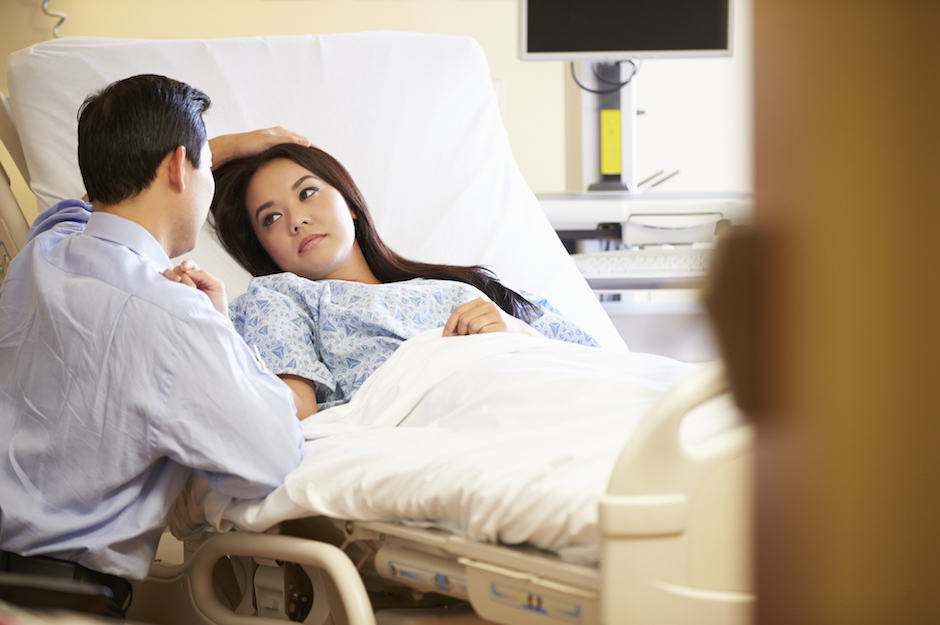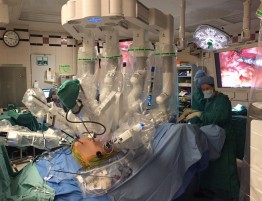
ERAS stands for Enhanced Recovery After Surgery and has become a popular topic around the hospital recently. How is this affecting us at CSGA? Exciting things are happening along these lines and we want to let you know what we have been doing to help enhance our patients’ post-operative experience and hospital stays.
No one likes surgery and certainly no-one wants to have surgery. Colon surgery has long been known for difficult recovery with pain, nausea, long hospitalizations waiting for the bowel to “open up” etc. Well, over the past year we have been taking a close look at how to improve our patient experience and we wanted to share some of this with you.
First, let’s begin with our group’s data for length of stay after surgery. We have looked at our data for 2015 and found the average length of stay after elective colon surgery was 4.9 days. This is outstanding and puts our group in the top 10th percentile of the nation. So prior to implementing any enhanced recovery program for our patients we were already starting out at the top of the pile.
Our goal to improve patient experience further is to have patients awake from surgery without any pain and use minimal narcotic pain meds, and to be ready for discharge home on post-operative day two or three. What changes have we implemented to help with this….
First, we are having our patients receive better education about what their experience will be like. We have worked closely with the hospital to help with this process. Patients will receive instructions so they have a clear guide on what to expect while in the hospital. This helps the patient partner with us to achieve rapid recovery.
Second, we are employing various preoperative pain preventives. Our patients will receive “TAP blocks” ( Transverse Abdominis Plane ). This is a procedure that takes place in the immediate pre-operative area and involves an anesthesiologist injecting a long acting pain medicine directly around the nerves that innervate that abdominal wall. This allows the patient to awake nearly pain free. Additionally, patients will receive doses of Tylenol, Celebrex, and Lyrica which further help prevent post-operative pain. Our goal here is that our patients will not need much in the way of narcotic pain medicine.
Third, our patients are receiving a medicine called Entereg. This medicine binds to opioid receptors located in the bowel and prevents narcotics from binding to them. Narcotics are the number one cause for post-operative ileus – bowel not waking up after surgery. By blocking these narcotic receptors a patient’s bowel is much less likely to develop an ileus.
Fourth, we have patients partner with us by walking within hours after their surgery. We have found that this is vitally important in decreasing pain and helping with early return of bowel function. We have found that lying in bed the first post-operative day leads to more pain and higher risk of developing ileus. Our nurses in the hospital know how important this is and will be asking patients to get up shortly after they reach their room.
Finally, our patients are all going to designated floors in the hospital where we have worked with the nurses to enhance our patients experience with recovery after their colon surgery.
All of this means that patients will likely be in the hospital about 48 hours for their elective colon surgery and back to work within two weeks. If you or someone you know is needing a colon operation I would encourage you to talk with us and hear how some of these changes have enhanced our patient experience. Our group has been doing colon surgery in Central and Eastern Kentucky for decades and we have a wealth of experience in this field. Our goal is to continue offering “Cutting Edge” care right here in Kentucky.

